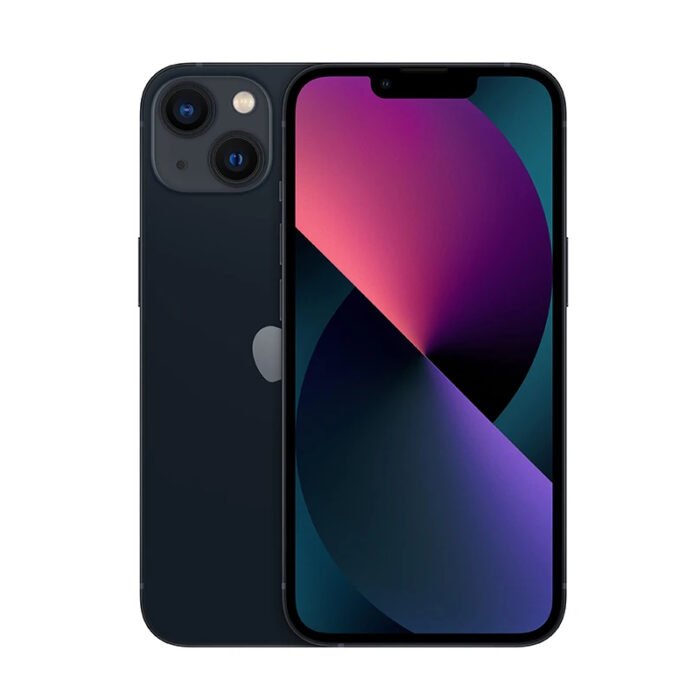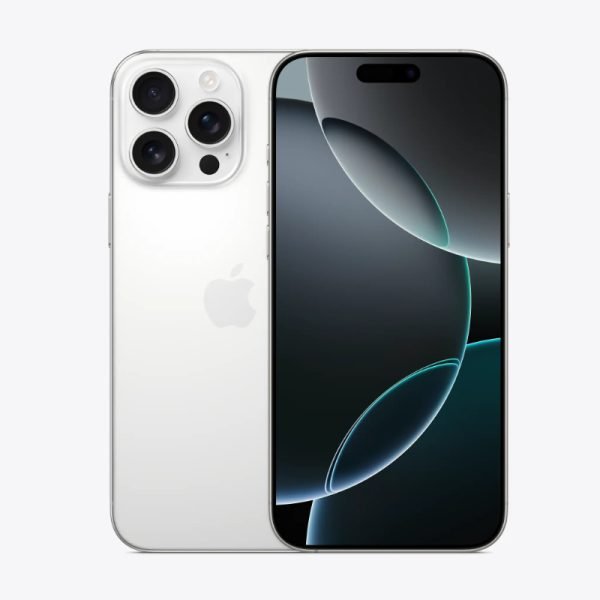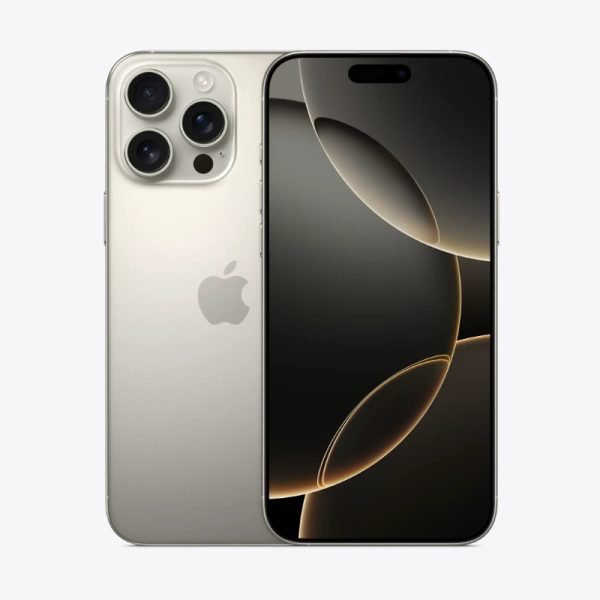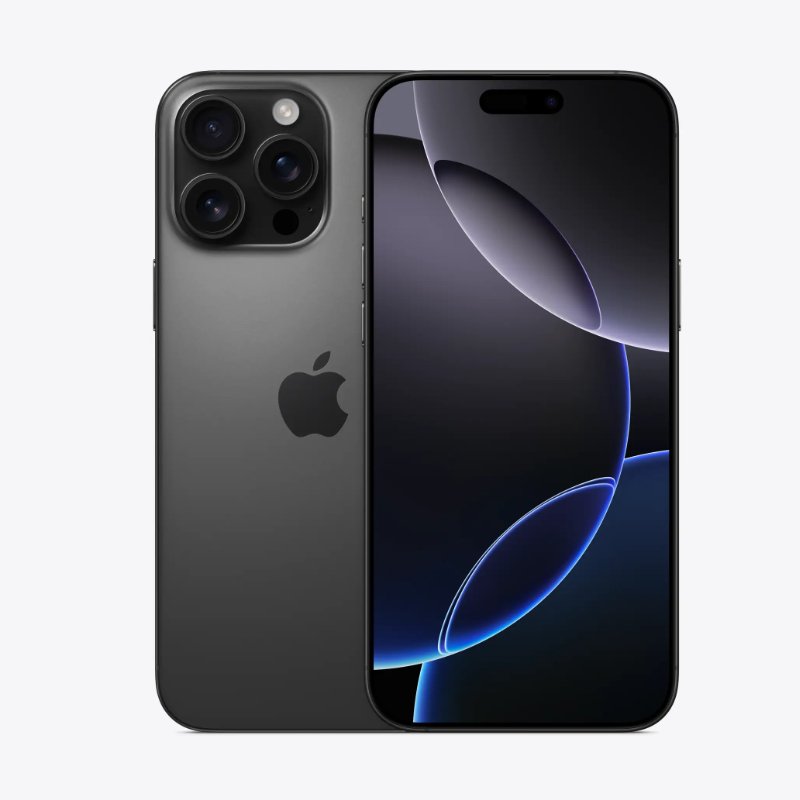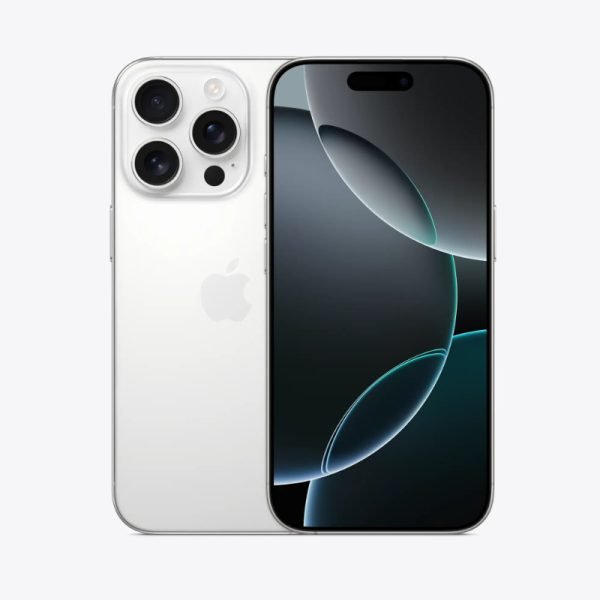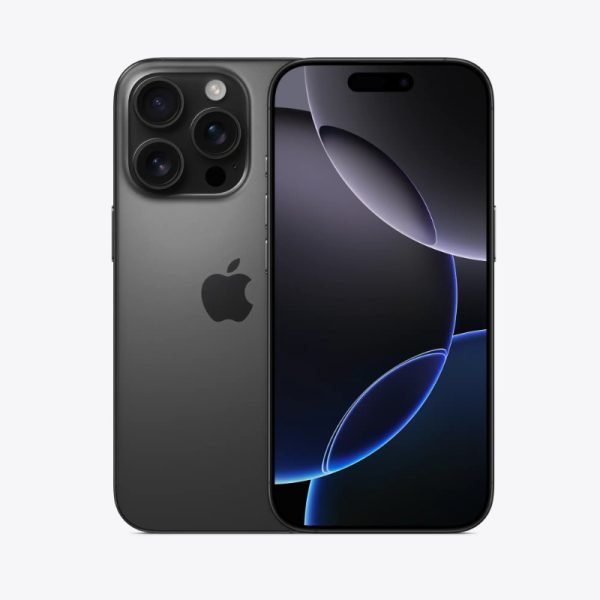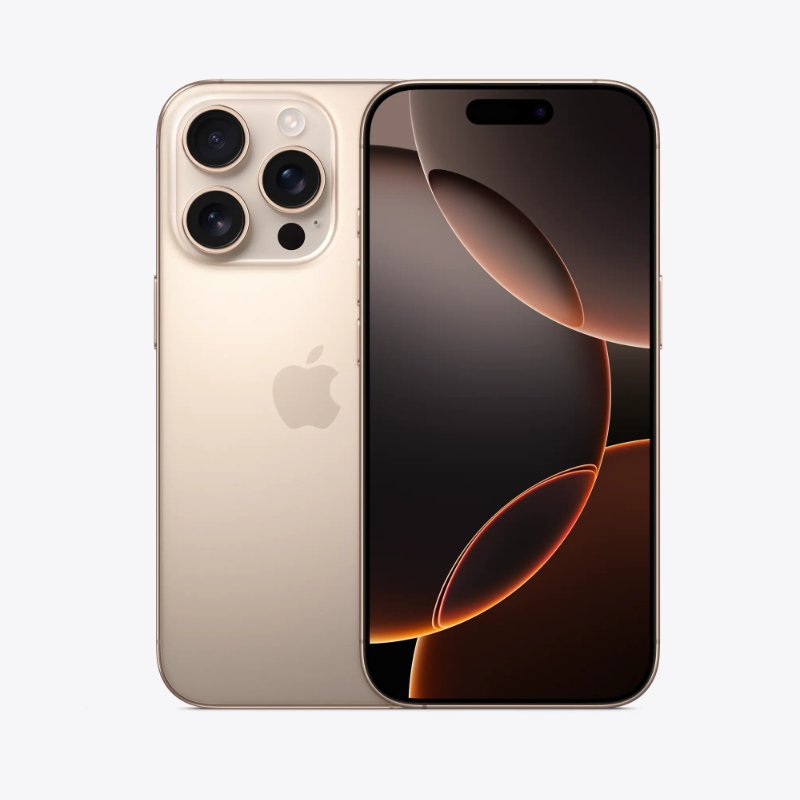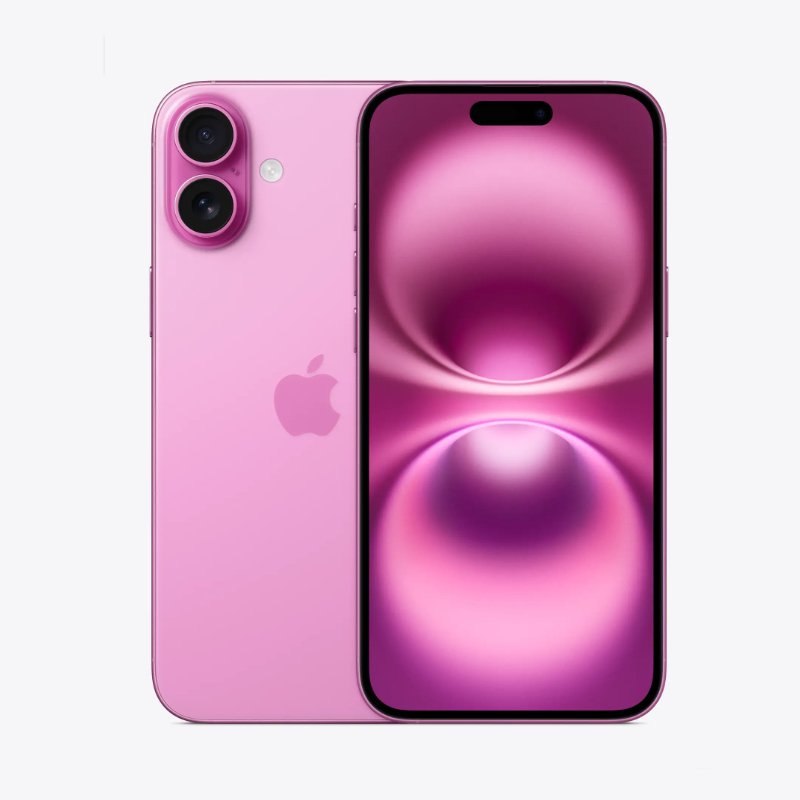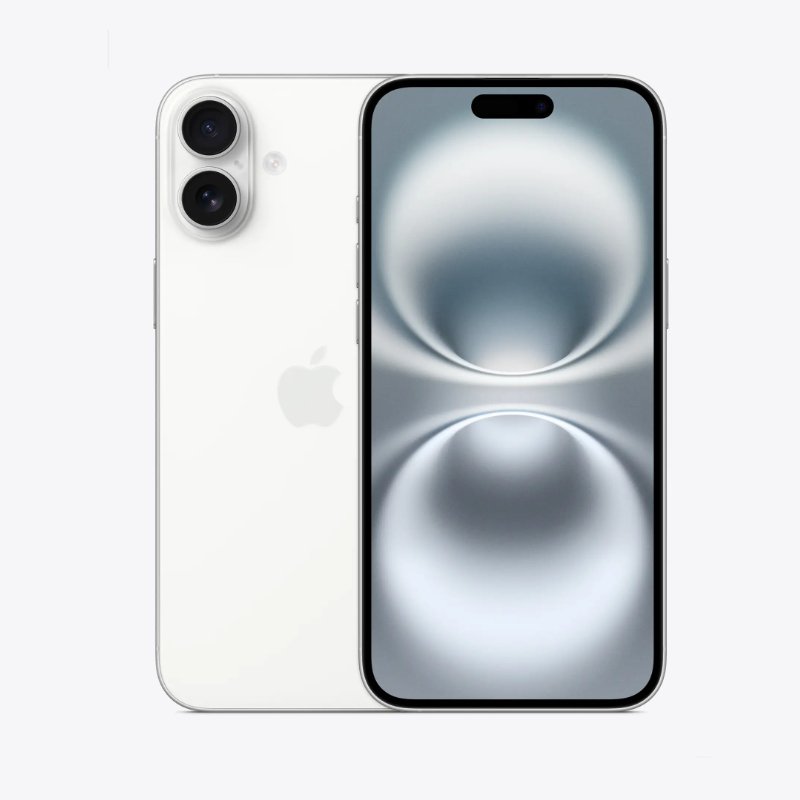Unlocking Value and Sustainability: Your Comprehensive Guide to Used Phones in Kenya
In Kenya’s dynamic and ever-evolving mobile phone market, a significant segment often goes overlooked by those solely focused on brand-new releases: the vibrant and rapidly growing market for used phones in Kenya. For a large portion of the population, including students, entrepreneurs, and everyday users, opting for a pre-owned device isn’t just about saving money; it’s a strategic decision that offers access to higher-end technology, promotes sustainability, and provides incredible value for money.
This comprehensive guide delves deep into the world of used phones in Kenya, exploring everything from the undeniable benefits and potential risks to where to find trustworthy sellers, what to inspect before buying, and how to ensure you’re making a smart and informed purchase. Whether you’re a first-time used phone buyer or looking to upgrade your current device on a budget, this blog will equip you with the knowledge to navigate this market confidently and secure a resilient companion that fits your needs and your budget.
The Irresistible Allure of Used Phones in Kenya: Why They Make Sense
The decision to buy a used phone is driven by a compelling set of advantages that cater to the diverse needs of Kenyan consumers.
1. Unbeatable Cost Savings: Premium Tech at a Fraction of the Price
This is arguably the most significant draw. New smartphones, especially flagship models, come with hefty price tags that can be prohibitive for many. Used phones, on the other hand, offer a golden opportunity to acquire devices with high-end specifications, advanced features, and reputable brand names at significantly reduced prices. You can often find a slightly older flagship model, or a mid-range phone from the previous year, with impressive capabilities for a fraction of its original cost. This democratizes access to technology, making advanced smartphones accessible to a wider demographic. Imagine getting a phone with a great camera, powerful processor, and stunning display for half or even a third of its brand-new equivalent!
2. Environmental Responsibility: A Step Towards Sustainability
In an increasingly environmentally conscious world, buying used phones is a powerful statement against electronic waste (e-waste). The manufacturing of new phones consumes vast amounts of raw materials and energy, contributing to carbon emissions and landfill accumulation. By extending the lifespan of an existing device, you’re directly reducing your carbon footprint and participating in a circular economy. It’s a tangible way to contribute to a greener Kenya and a healthier planet. Every used phone given a second life means one less new phone needs to be produced, conserving valuable resources and lessening environmental impact.
3. Access to a Wider Range of Models and Brands: Your Perfect Match Awaits
The new phone market is often dominated by the latest releases, pushing older, yet perfectly capable, models out of the spotlight. The used phone market, however, is a treasure trove of devices from various generations and brands. This offers a wider selection, allowing you to find models with specific features you might prefer, or even classic designs that are no longer available as new. If you’re looking for a phone with a physical headphone jack, expandable storage, or a particular operating system version, the used market might be your best bet. This broadens your options significantly, ensuring you can find a phone that truly matches your individual preferences and needs, rather than settling for what’s currently on the shelves.
4. Opportunity to Test Different Ecosystems: Try Before You Buy (Affordably)
Considering switching from Android to iOS, or exploring a different Android manufacturer’s interface? The high cost of new phones can make such experimentation a daunting financial commitment. Buying a used phone allows you to dip your toes into different smartphone ecosystems without a major investment. You can experience the nuances of One UI, OxygenOS, or iOS for a few months to see if it suits your workflow and preferences, before committing to a full-price device in the future. This reduces the risk of buyer’s remorse and empowers you to make a more informed long-term decision.
5. Ideal for Secondary Devices or Specific Use Cases
Many people find value in having a secondary phone for specific purposes – a work phone, a gaming device, or a backup. Used phones are perfect for these scenarios, offering functionality without the need for a significant outlay. Similarly, for parents buying phones for their children, a budget-friendly used option can be a smart choice, especially given the likelihood of accidental damage. This flexibility makes used phones a practical and versatile solution for various personal and professional needs.
Navigating the Landscape: Where to Buy Used Phones in Kenya
The used phone market in Kenya is diverse, with several avenues for purchase. Each comes with its own set of advantages and considerations.
1. Reputable Online Marketplaces and E-commerce Platforms
Several Kenyan e-commerce platforms and dedicated used phone marketplaces have emerged, offering a convenient and often safer way to buy. These platforms often implement seller rating systems, buyer protection policies, and sometimes even offer limited warranties on their pre-owned devices. Examples include:
- Yes Gadgets Ke: While primarily focusing on new devices, they often have a selection of carefully vetted pre-owned phones, sometimes with limited warranties.
- Jumia & Kilimall: These large e-commerce platforms have sections for used electronics, but buyers should exercise caution and thoroughly check seller reviews and product descriptions.
Pros: Convenience, wider selection, buyer protection, potential for limited warranties. Cons: Can’t physically inspect the phone before purchase (unless local pick-up is an option), potential for misrepresentation if seller isn’t reputable.
2. Physical Stores and Retailers in Nairobi and Other Major Cities
Visiting a physical store offers the advantage of hands-on inspection and direct interaction with the seller. Nairobi’s CBD, particularly areas like Moi Avenue and Kenyatta Avenue (near HH Towers), are known hubs for electronics stores, many of which deal in used phones.
- Dedicated Used Phone Shops: These shops specialize in pre-owned devices and often have knowledgeable staff who can guide you.
- General Electronics Stores: Many larger electronics stores might also have a section for used or refurbished phones.
- Yes Gadgets Ke (Physical Store): They have a physical presence where you can inspect devices.
Pros: Ability to physically inspect the device, immediate purchase, direct communication with seller, potential for in-store assistance. Cons: Limited selection compared to online platforms, prices might be slightly higher due to overheads, less standardized return policies than online platforms.
3. Online Classifieds and Social Media Groups (Exercise Extreme Caution)
Platforms like Facebook Marketplace, OLX (now Jiji), and various WhatsApp and Telegram groups are popular for peer-to-peer sales. While these can offer excellent deals, they come with significant risks.
Pros: Potentially the lowest prices, direct negotiation with sellers. Cons: High risk of scams, no buyer protection, no warranty, difficulty verifying authenticity, potential for stolen devices. It is crucial to be extremely cautious and follow safety guidelines when using these channels.
The Crucial Pre-Purchase Inspection: What to Check Before You Buy
Once you’ve found a potential used phone, a thorough inspection is paramount. Don’t rush this step, as it can save you from future headaches and financial loss.
1. Physical Condition: More Than Just Cosmetics
- Screen: Check for cracks, deep scratches, dead pixels (tiny black or colored dots), and discoloration. Test touch responsiveness across the entire screen. Look for screen burn-in (ghosting) on AMOLED displays.
- Body: Inspect for dents, scuffs, and cracks on the back panel and frame. Pay attention to corners, as these are often indicators of drops.
- Buttons: Test all physical buttons (power, volume, home, mute switch for iPhones) to ensure they are clicky and responsive.
- Ports: Check the charging port for any looseness, corrosion, or damage. Test charging with your own cable if possible. Ensure the headphone jack (if present) works.
- Cameras: Test both front and rear cameras. Take sample photos and videos in different lighting conditions. Check flash functionality. Look for dust or scratches on the camera lenses.
- Speakers and Microphone: Play some music or a video to test the loud speaker. Make a test call to check the earpiece and microphone.
- Water Damage Indicators: Many phones have small indicators that change color when exposed to water. These are often located in the SIM tray slot or headphone jack. Look up online where these are for the specific model you’re inspecting. A red indicator means water damage.
2. Functionality: Beyond the Surface
- IMEI Check: This is CRITICAL. Every phone has a unique 15-digit International Mobile Equipment Identity (IMEI) number.
- How to find it: Dial
*#06#on the phone’s keypad, check the “About Phone” section in settings, or look for a sticker on the original box (if available). - Verification: Once you have the IMEI, use online IMEI checker tools (like IMEI.info) to verify the phone’s model, color, and manufacturing details.
- CA (Communications Authority of Kenya) Check: For Kenyan networks, you can send the 15-digit IMEI number via SMS to 1555 (free service). The CA will send back details about the phone, confirming its make and model. If it doesn’t match, or if it’s blacklisted (reported stolen), DO NOT BUY IT.
- How to find it: Dial
- Network Connectivity: Insert your own SIM card and test calling, sending SMS, and mobile data (2G, 3G, 4G/LTE, 5G if applicable). Ensure it’s not network-locked.
- Wi-Fi and Bluetooth: Connect to a Wi-Fi network and try pairing with a Bluetooth device to ensure these functions are working correctly.
- Battery Health: Go to the phone’s settings (usually under “Battery” or “Battery Health”) to check the battery’s maximum capacity. For iPhones, this is clearly displayed as a percentage. For Android, it might require a third-party app or a more general assessment of how quickly the battery drains during use. A battery health below 80% generally indicates it might need replacement soon.
- Sensors: Test the accelerometer (e.g., auto-rotate screen), proximity sensor (screen turns off during calls), and compass.
- Charging: Test both wired and (if applicable) wireless charging. Ensure it charges consistently and at a reasonable speed.
- Software: Check the Android version or iOS version. Ensure it’s not rooted or jailbroken (unless you specifically intend for it to be, and understand the risks). Check for any unusual apps or pop-ups.
- Factory Reset: If you decide to buy, always insist on a factory reset in your presence to ensure all previous owner data is wiped and the phone isn’t linked to their accounts (e.g., Google Account, iCloud Activation Lock). A phone with an active iCloud lock is essentially useless to a new owner.
3. Seller Reputation and Trust
- Online Platforms: Prioritize sellers with high ratings, numerous positive reviews, and a history of successful transactions. Read negative reviews carefully to understand common issues.
- Physical Stores: Opt for established stores with a physical presence, clear return policies, and ideally, a limited warranty on their used devices. Ask for a receipt.
- Direct Transactions: Meet in a safe, public place. Bring a friend or family member. Ask for proof of ownership (original receipt, box). Be wary of deals that seem too good to be true, as they often are.
Refurbished vs. Used Phones in Kenya: Understanding the Difference
While often used interchangeably, “used” and “refurbished” phones have distinct meanings, especially in the Kenyan market.
- Used Phones (or “Locally Used”): These are devices that have been previously owned and used. Their condition can range from “like new” with minimal wear to “heavily used” with visible cosmetic damage and and potentially some functional issues. They are typically sold “as-is” by individuals or small shops, with little to no professional inspection or repair. Warranties are rare.
- Refurbished Phones: These are pre-owned phones that have undergone a professional inspection, testing, and repair process. Reputable refurbishers will fix any identified faults (e.g., replace a worn-out battery, fix a cracked screen), clean the device thoroughly, and ensure it’s fully functional before reselling. They often come with a limited warranty (e.g., 3-6 months) and are graded based on their cosmetic condition (e.g., Grade A for excellent, Grade B for minor wear).
Why choose refurbished? While slightly more expensive than a basic “used” phone, refurbished devices offer greater peace of mind due to professional vetting, repairs, and often a warranty. They bridge the gap between brand new and risky used purchases. Reputable sellers like YES Gadgets Ke specialize in refurbished devices.
Popular Used Phone Models and Expected Price Ranges in Kenya
The market for used phones in Kenya is broad, covering a wide spectrum of brands and models. Prices vary significantly based on the model, age, condition, storage capacity, and where you purchase it from.
Popular Brands and Models:
- iPhones: Older iPhone models (e.g., iPhone 11, iPhone 12, iPhone 13 series) are highly sought after due to their perceived durability, long-term software support, and strong resale value. Even iPhone X, XR, and XS can still be found.
- Samsung Galaxy Series: Mid-range Galaxy A series (e.g., A3x, A5x series from previous years) and older flagship Galaxy S series (e.g., S20, S21, S22 series) are popular choices for their AMOLED displays, capable cameras, and robust Android experience.
- Xiaomi/Redmi/POCO: These brands offer excellent value for money even when new, making their used counterparts even more appealing. Models from the Redmi Note series and various POCO phones are common.
- Tecno & Infinix: Being dominant brands in the Kenyan market, their older models are abundant and very budget-friendly in the used market. These are often the go-to for those seeking very affordable smartphone access.
- Google Pixel: While less common, used Pixel phones offer a clean Android experience and excellent camera performance, often at attractive prices.
Expected Price Ranges:
- Under KSh 10,000: Typically older Tecno, Infinix, or entry-level Samsung/Xiaomi models. These may have basic specifications, older Android versions, and noticeable wear. They are generally suitable for basic communication, light Browse, and secondary use.
- KSh 10,000 – KSh 25,000: This is a sweet spot for many budget-conscious buyers. In this range, you can often find well-maintained mid-range phones from a few years back, or older flagship models such as the iPhone 8/X, Galaxy S10/S20, or various Redmi Note series phones. These devices typically offer decent cameras, good displays, and satisfactory performance for everyday tasks.
- KSh 25,000 – KSh 40,000: Here, you start entering the territory of more recent mid-range devices or slightly older flagship models in very good condition. Examples include the iPhone 11/12, Samsung Galaxy A5x (from the last 1-2 generations), or Google Pixel 4/5. Phones in this range offer a significant upgrade in performance, camera quality, and overall build.
- Above KSh 40,000: This segment typically includes recent flagship models (e.g., iPhone 13/14 series, Galaxy S22/S23 series) that are still relatively new but have depreciated from their original price. These devices offer top-tier performance and features, often with minimal signs of use, especially if they are professionally refurbished.
Maximizing Long-Term Value: Tips for Maintaining Your Used Phone
Buying a used phone is just the first step. Proper care and maintenance are crucial to ensure it serves you well for years to come.
- Protect Your Investment: Immediately invest in a good quality screen protector and a sturdy case. This minimizes the risk of damage from accidental drops and scratches.
- Battery Care: Avoid extreme temperatures. Don’t let your battery consistently drain to 0% or charge to 100% for extended periods. Aim to keep it between 20% and 80% charge to prolong its lifespan.
- Software Updates: While older phones might not receive the very latest Android or iOS versions, reputable brands like Samsung and Apple provide security updates for several years. Install these updates to keep your phone secure and optimized.
- Regular Cleaning: Clean your phone regularly, especially the screen, camera lenses, and charging port, to prevent dust and grime buildup.
- Storage Management: Avoid filling up your phone’s storage completely. Keep at least 15-20% free space for optimal performance. Regularly delete unnecessary files, apps, and clear cache.
- Responsible Charging: Use a reliable charger and cable. Avoid cheap, uncertified accessories that can damage your battery or phone.
- Backup Your Data: Regularly back up your photos, contacts, and other important data to cloud storage or an external drive. This protects your information in case of device failure.
- Consider Professional Repairs: If your phone develops an issue, consider taking it to a reputable repair shop. Sometimes, a small repair can significantly extend the life of your device.
The Future of Used Phones in Kenya
The market for used phones in Kenya is only set to grow. With the rising cost of new devices and increasing awareness about environmental sustainability, more consumers are recognizing the immense value offered by pre-owned smartphones. As refurbishment processes become more sophisticated and consumer trust in reputable used phone sellers increases, the distinction between “used” and “good as new” will continue to blur.
For Kenyans, this trend means greater access to technology, more choices, and the ability to enjoy premium features without the premium price tag. It fosters a more inclusive digital landscape, ensuring that smartphones, which are increasingly essential tools for communication, education, and business, are accessible to a wider segment of the population.
Conclusion: Your Smart Choice for a Smart Device
Buying a used phone in Kenya is a savvy decision for the budget-conscious, the environmentally aware, and anyone looking for a reliable smartphone without compromising on features. While the allure of a brand-new device is understandable, the pre-owned market offers a compelling alternative, laden with value, choice, and a positive environmental impact.
By understanding the benefits, knowing where to look, exercising due diligence during inspection, and differentiating between simply “used” and professionally “refurbished,” you can confidently navigate this market. Always prioritize safety, ask questions, and remember that a little research goes a long way in securing a fantastic deal.
So, if you’re in Kenya and in the market for a new (to you) smartphone, consider the world of used phones in Kenya. You might just find your perfect resilient companion, packed with features, and at a price that leaves your wallet smiling. Happy hunting!


